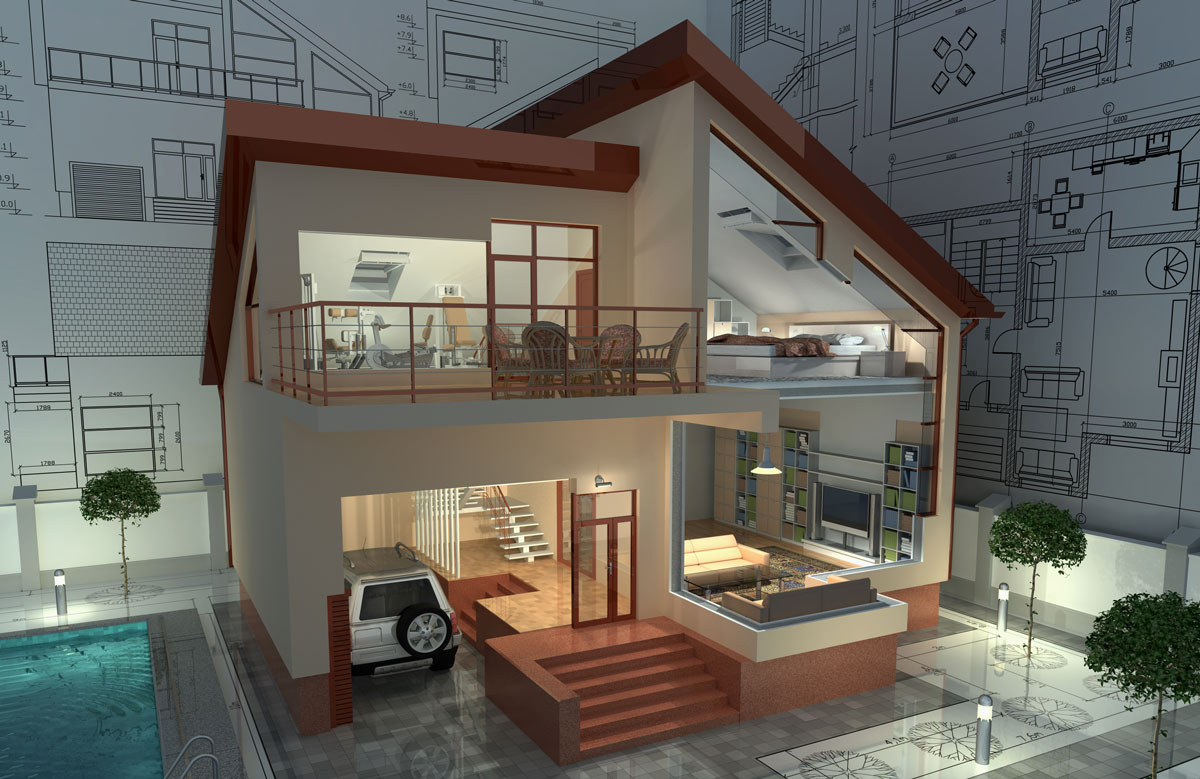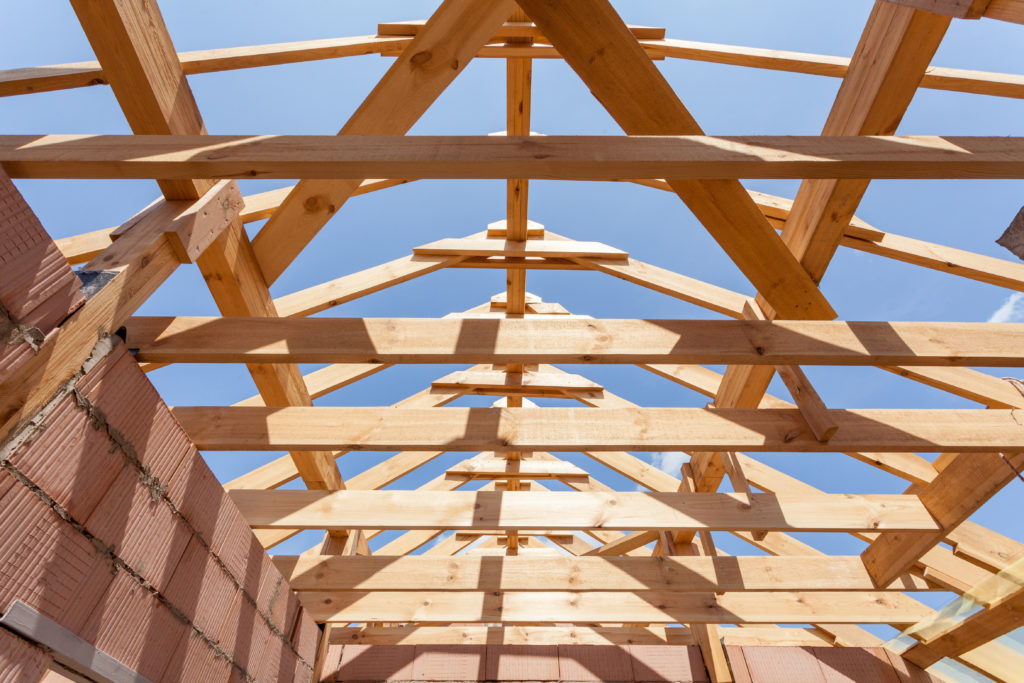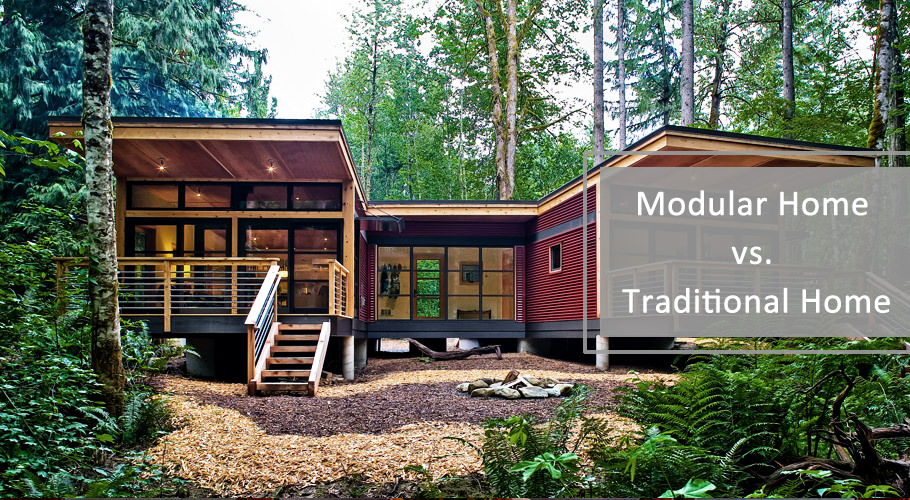Table of Content
Still, we genuinely care about our clients, which is why we want you to be well informed before you make a decision. Our business is all about quality, which is why you can feel confident you’re getting the best of the best. Our precise building techniques and commitment to quality are what set us above the rest. Choosing a first-time home can be a tough decision, and there are many options to choose from.
Whether buying a traditional stick-built or a prefab home, it makes sense to check the quality of construction. You should hire a professional home inspector to perform a house inspection on either housing choice. If you want to buy your piece of land and custom build a modular home yourself, the two financing options will be a land loan and a house building loan. If you are not building right away, a loan for the land will be the best option.
Final Thoughts on Modular Homes versus Stick Built
For example, you can ask an architect to create an additional en-suite bathroom on a stick-built home, but that might not be an option with the modular company you work with. If you plan to use tiles in your shower, for example, you will need enough tiles to cover the entire area. It is easy to add a second level to your home and increase your living space.

If you are looking to buy a home in an area with both modular and stick-built houses, hire a Realtor who can help you make the stick-built home vs modular decision. An experienced agent can set up showing appointments in both types of homes so you can see what they are like. However, modular homes aren’t always designed to meet your exact specifications.
Building Codes
If the only option I had was to build a modular or prefab house I would rather live on the street. I have nothing against manufactured housing, it's just my personal preference to avoid it while I am alive. This style doesn’t hold resale value as well compared with other options. The assessed value of manufactured homes may, in some locales, be significantly lower than for stick-built homes. When comparing stick-built homes vs. modular homes, know which essential factors will make the most significant difference for you.
These homes are built in large three-dimensional sections, or modules, in a factory. The modules are transported to the property and assembled there. Your contractor will attach the modules to your foundation and to each other so the house is complete. The finished product will meet all the same local building codes that a stick-built home would have to meet. Modular homes are sometimes called “prefab” houses since the sections are prefabricated off-site. Modular homes are treated the same as homes built on-site because they are set on a traditional foundation even though the house is assembled from pre-built sections.
Do Modular Homes Depreciate Like Mobile Homes?
If they do, they’ll let you know your mortgage options and terms. To discuss your custom home construction project, simply call or click to start a coversation with the friendly people at Baum Construction & Development. To make sure the material used for your home is of the highest quality and lasts a long time, talk with your builder. Learn more about different types of homes from a Clever Partner Agent. If you care about a long-lasting home and being sustainable, you’re more likely to get both of those things when you opt for a prefabricated abode. With a traditional home, you’re working on nothing but a ballpark figure.
The traditional building process for a home happens entirely on-site at the property. The builders lay a foundation and build the home, board by board — or stick by stick — until it’s complete. This is why traditionally-built homes are often referred to as stick-built homes. Estimating the resale value of a modular or site-built home depends on several factors such as age, location, and condition of the dwelling. One of the major reasons why a modular home may be valued differently than stick-built homes is because of the negative stigma surrounding modular construction. Since modular homes are not highly concentrated in many housing markets, it creates the impression that they do not appreciate at a similar rate as homes built on-site.
While choosing different options for a modular home will be possible, up to a point, more significant changes might be more of a problem. Which type of property you choose should not affect your home insurance premiums. You will often find that insurers do not even ask whether the home is modular or stick-built when you apply.

The sections are factory-built before the manufacturer ships them to the final location. They are usually mass-produced and are designed to be made as a single home, or as a “mix and match” project. The average cost per square foot of site-built homes can vary quite a bit. The design of a home, such as its size and shape, obviously influences construction costs. However, the cost per square foot for a new home is even more greatly impacted by the construction quality, grade of materials, and level of interior finishing of the home. To see what is and what is not included in our pricing, check out ourStandard Features.
In tornado/straight line winds, modulars are sometimes just picked up and stick builts are usually smashed, and yes picked up. Modulars are usually just sit on bases, usually tied down, but very seldom just sit on a flat base. Quality sometimes, not sure what you mean by climate control construction. Both types are constructed of the same materials and to the same building code standards.

Carolina Custom Homes of Burlington was founded with the concept of providing customers an alternative, greener way to build. Partnering with North Carolina’s top manufacturers and maintaining a low operating overhead allows us to provide unmatched custom modular homes at an unbeatable value. Resale value is another common concern for people considering a modular home. Because of the long-lasting quality of a modular home, they tend to have a good resale value. Stick built homes are built from the ground up on site, with all aspects of the home constructed from scratch on your lot. Building materials are shipped to the site and exposed to the elements sitting on your lot.
The factory production lines look to reduce waste and debris to slash their prices. The resale value of any property is based mainly on its location and size. If you’ve got a modular home in a highly desirable neighborhood that’s going through significant gentrification, you’re going to be able to turn a profit when the time comes to sell. We utilized Nationwide Homes for our build and have received "zero" support from them. It is ironic that modular companies promote "climate controlled" construction and then drive the modules down the highway through monsoon rains. Then after delivery you are left with a partially completed roof that proceeds to leak into your finished modules until your contractor gets his act together and "dries" you in.
The good news for budget-conscious home buyers is that modular homes tend to be a bit more affordable than stick-built homes. As with any building project, more premium materials will always drive up the cost, so choosing a modular home is not a guarantee that you’ll stay within your budget. The highest-end modular homes tend to cost the same per square foot as an equivalent stick-built home. On average, though, modular homes typicallycost anywhere from 10 to 20 percent lessthan a stick-built home.
Be Prepared to Negotiate
• Modular construction can last longer than stick-built houses and have been found to withstand winds of up to 180 mph. After recently looking at homes across six different locations in the U.S., we are looking for a getaway, and we weren't alone. Manufactured homes take less time to build compared to site-built homes, and they are also more affordable compared to other options.
We can answer all your questions and help you make an informed decision about how to build your new house. It also means that your modular home will not increase your insurance rates. Since the materials and methods used are the same, the cost to make any repairs after a disaster is equivalent to that of traditional construction. You’ll be able to repair everything if the worst happens without unexpected expenses.

No comments:
Post a Comment